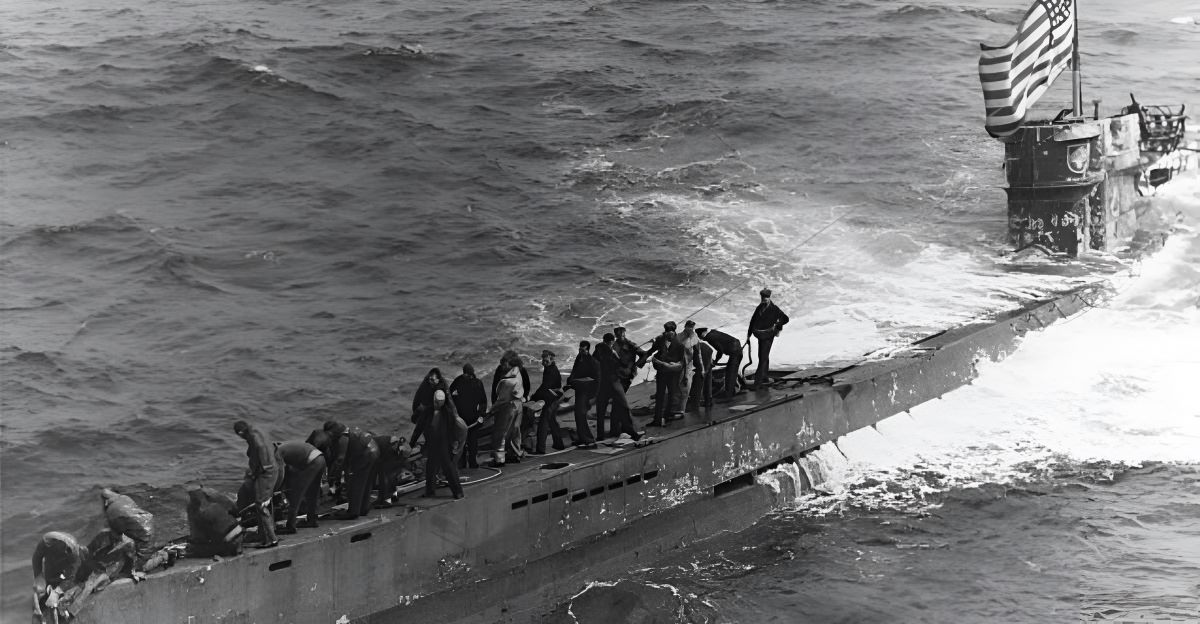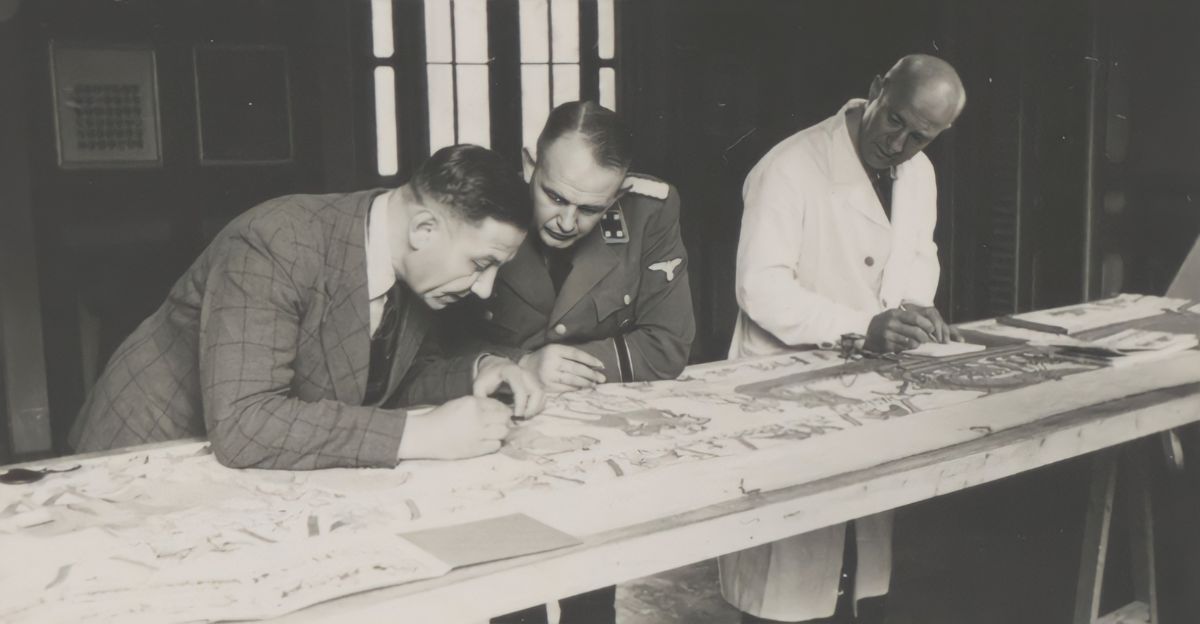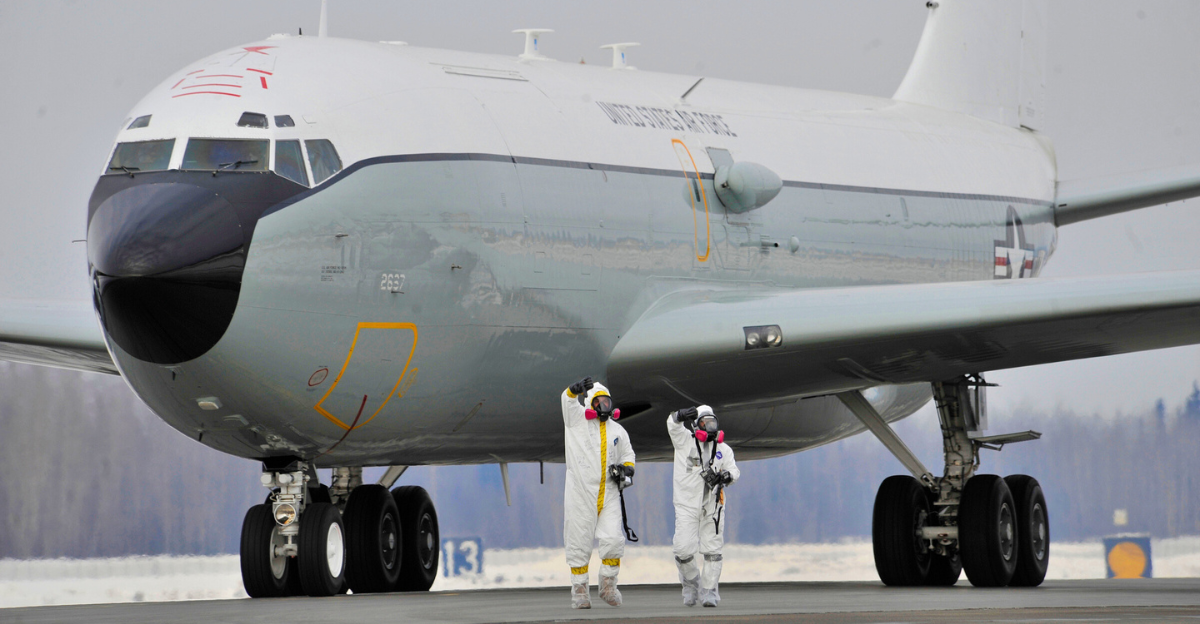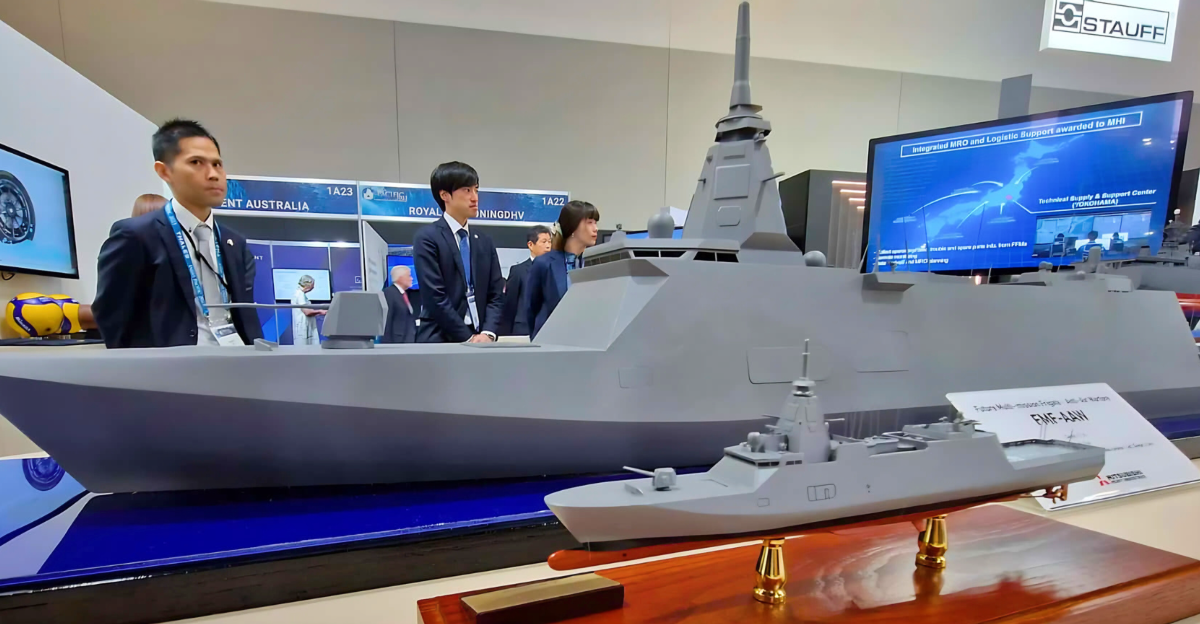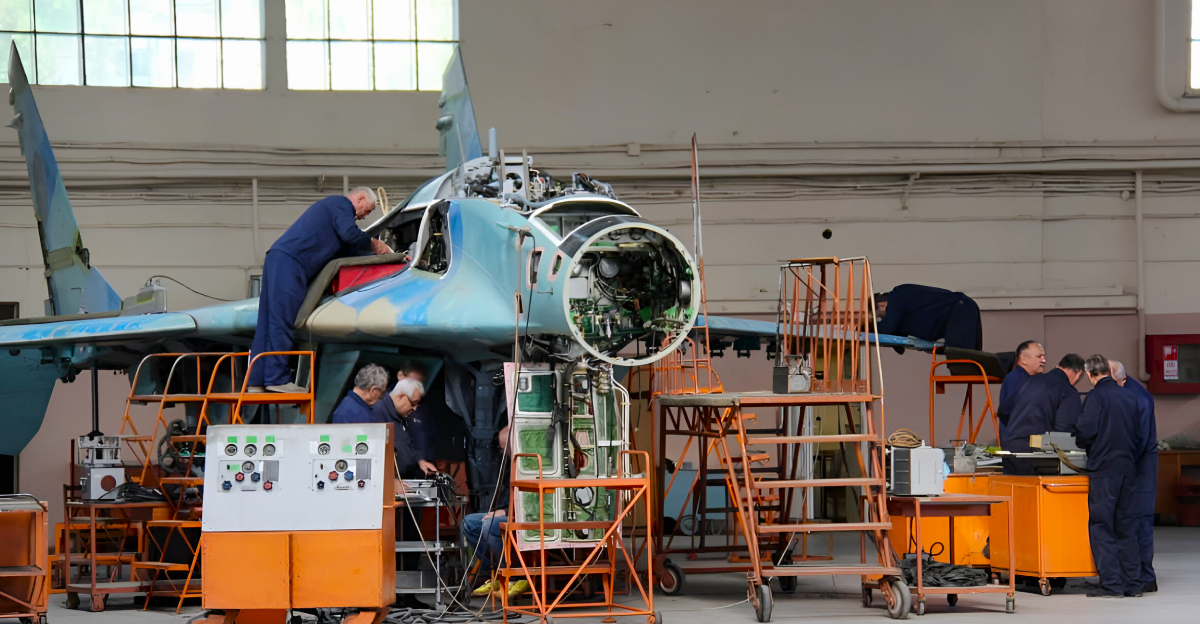
Optron-Stavropol is Russia’s manufacturer of power semiconductors. These are important components used in the nation’s MiG, Su, and Tu aircraft. This year, the company went to the edge of bankruptcy, which signals a crisis in Russia’s defense industry.
These components are essential to both civilian and military aircraft production – without them, there are grim implications. Russia’s military-industrial complex is facing unprecedented problems after economic and political strain.
The Shutdown
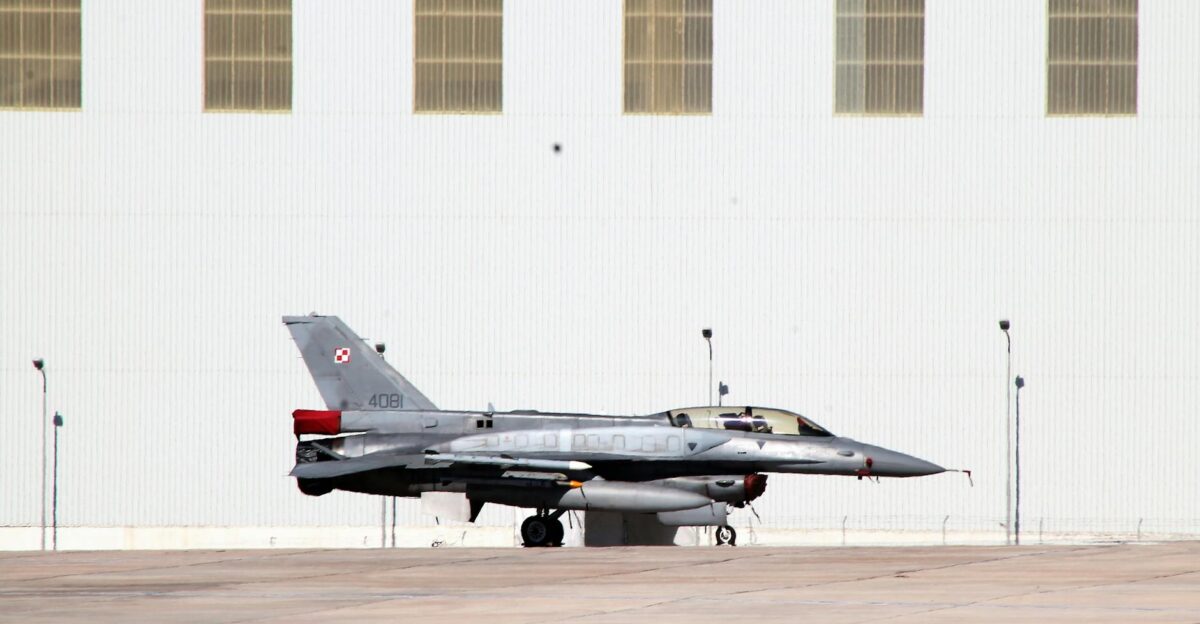
The shutdown of the company is due to a few factors, but the main one is simply that when the military buys their components, they pay far less than even cost price. This slowly wears away at the company, edging them closer to bankruptcy when every sold component.
This wasn’t sustainable, and by June this year, the company faced more than 200 million Rubles in debt. There was nothing left to do but face mass layoffs and stop production.
State Contracts
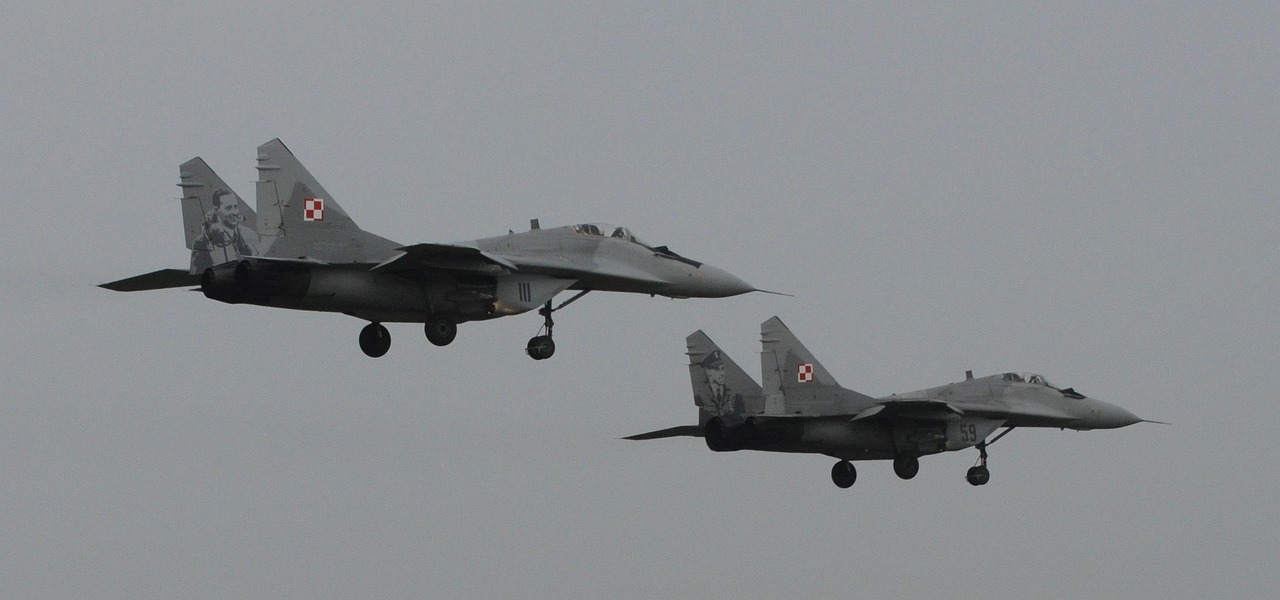
Companies that manufacture components for the military usually have state contracts. This means that they are forced by Russian law to accept the prices that the government gives them for their items, causing a loss rather than a profit for every component sold.
Companies cannot afford to withdraw or refuse these contracts, as they risk losing their main customer or even sanctions from the state.
Impact On Military Production
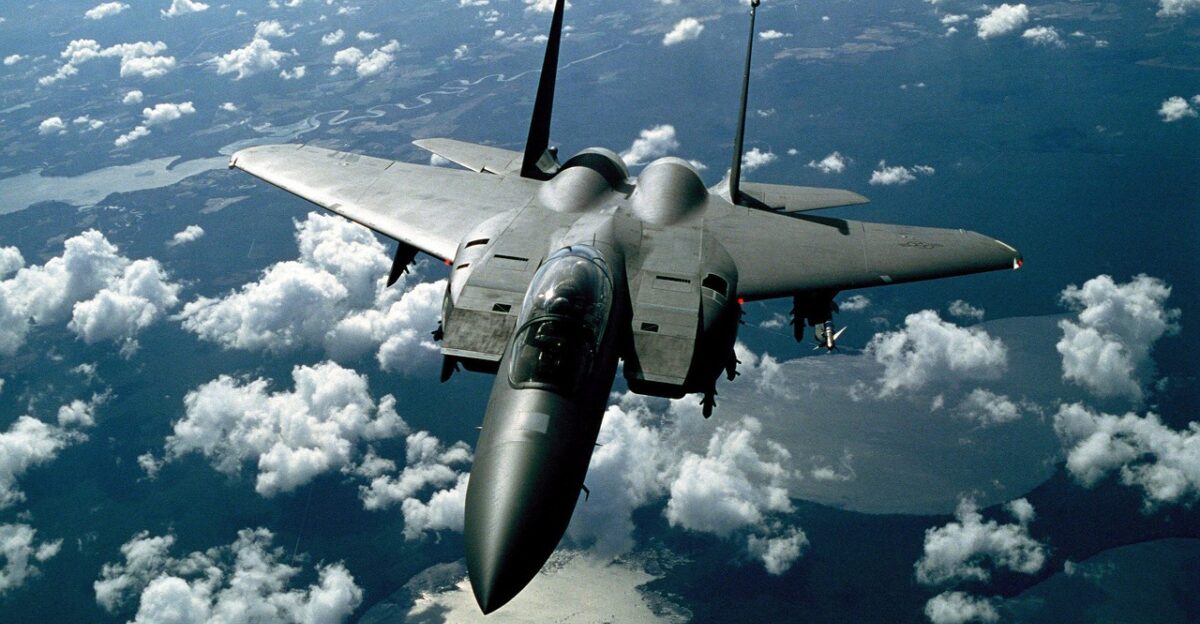
With Optron-Stavropol having no choice but to halt production, this has a widespread impact on military planes. With it being the sole supplier of these electronic components for the MiG, Su, and Tu planes, there will be supply chain disruptions, threatening the production of these important military assets.
This could end up pushing back military plane production as building new ones becomes difficult.
Broader Impacts
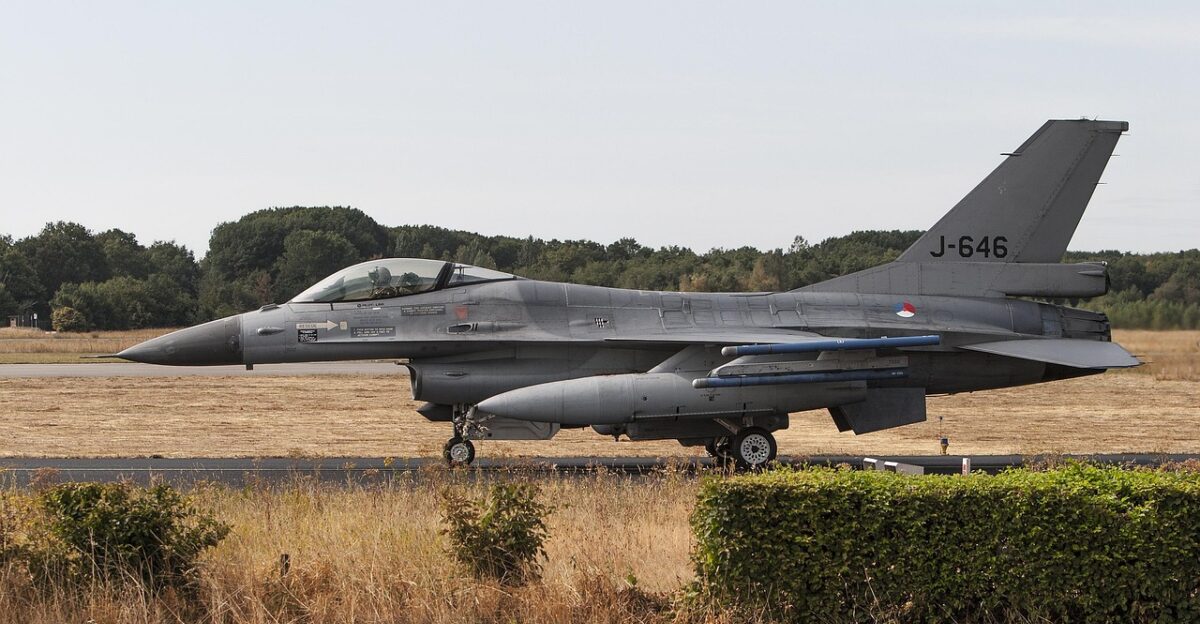
The shutdown highlights broader trends within Russia’s military defense sector as it is under strain from sanctions, supply chain disruptions, and less skilled employees.
This ends with many factories resorting to working on Soviet-era equipment and preparing it for service rather than producing new ones. Financial mismanagement and other pressures are what have led to these challenges.
Sanctions And Economic Pressure
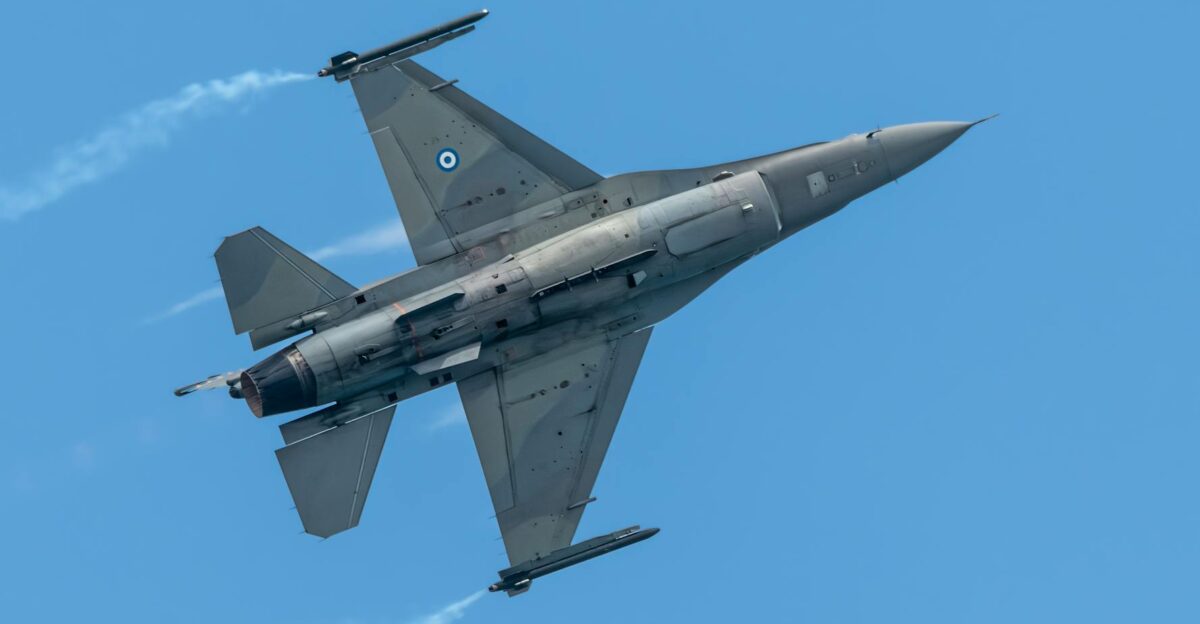
Russia has faced numerous sanctions from Western nations, which has made certain key items hard to come by. The nation can no longer import these components and is now having to use outdated Soviet technology.
The nation thought that by creating its own production lines the problem would be solved, but it seems that the cost was far more than it bargained for. With increased defense spending, nothing else can keep up.
Financial Squeeze
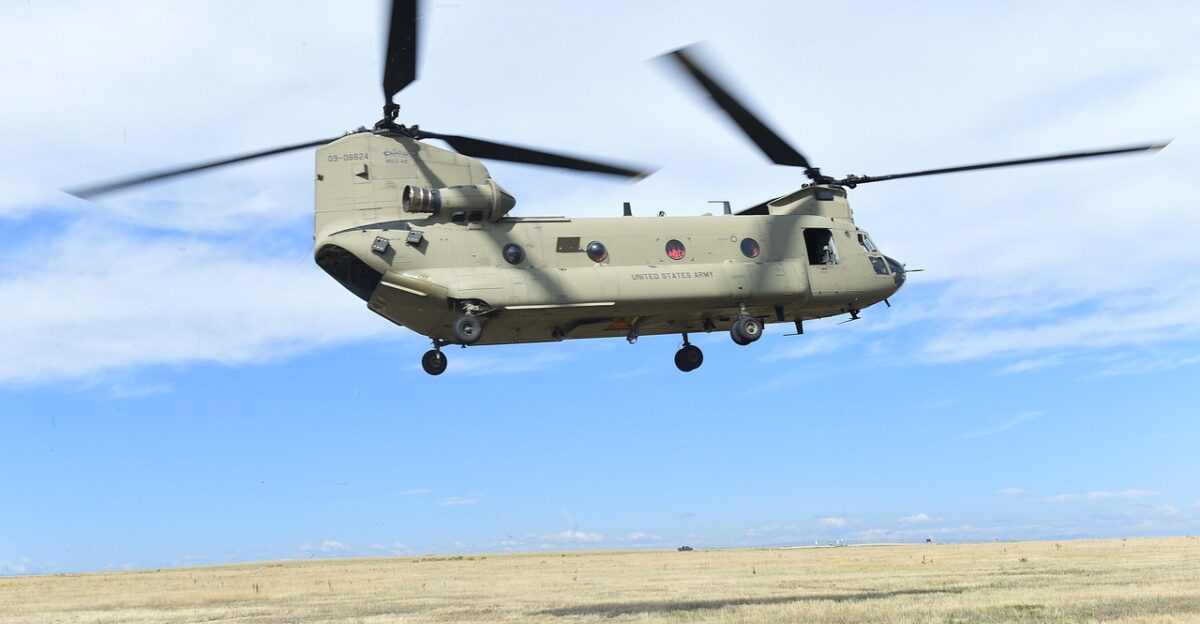
The domestic production lines are faltering while Russia’s defense spending hits historic highs that haven’t been seen since the Cold War.
Despite more money being funneled in by the state, production lines will face delays due to the collapse of suppliers like Optron-Stavropol. The ability to sustain high-budget military projects is doubtful, as the financial squeeze only gets worse as time goes on.
A Bad Substitution
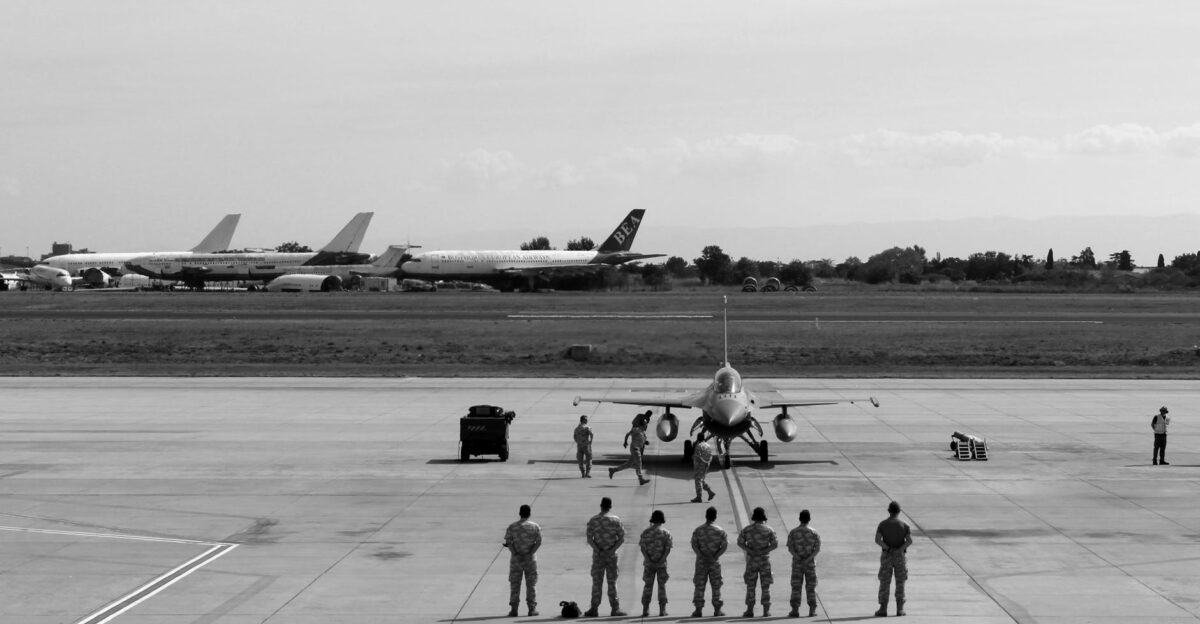
Russia has tried its best to substitute importing through domestic production, but this has shown a key flaw in this strategy. Although there are claims of military self-sufficiency, the production of important military assets seems to be far more fragile now than it ever was.
Production of crucial military aircraft is declining, which could weaken Russia’s airspace defense and limit its potential to launch assaults in ongoing conflicts, including the War in Ukraine. Trying to be self-sufficient has backfired in a big way for the nation.
What’s Next?

The future of MiG now hangs in the balance. The company, once renowned for its military aircraft, has not won any new military contracts in recent years and instead hangs on retrofitting and maintaining old models.
In the face of collapsing suppliers, MiG may have to reduce its output or even stop production entirely. Production targets in Russian aviation are not being met as the entire industry suffers.
A Warning Sign
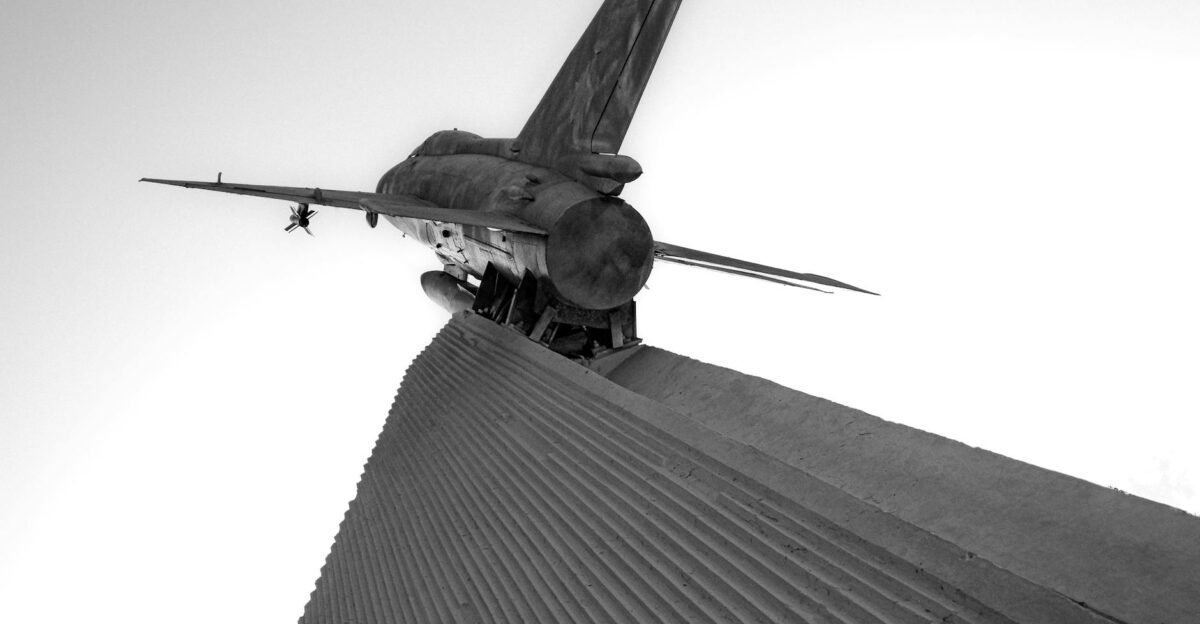
Optron-Stavropol suspending production on these important components is a warning sign that the nation’s military-industrial base is starting to buckle. Underfunding, state control, and sanctions all play key roles in these headwinds.
Suppliers simply cannot survive in this environment, and it wouldn’t be surprising if other key manufacturers had to suspend operations as well. There needs to be a change to policies, or there will be fewer new military planes and weaker military strength.

